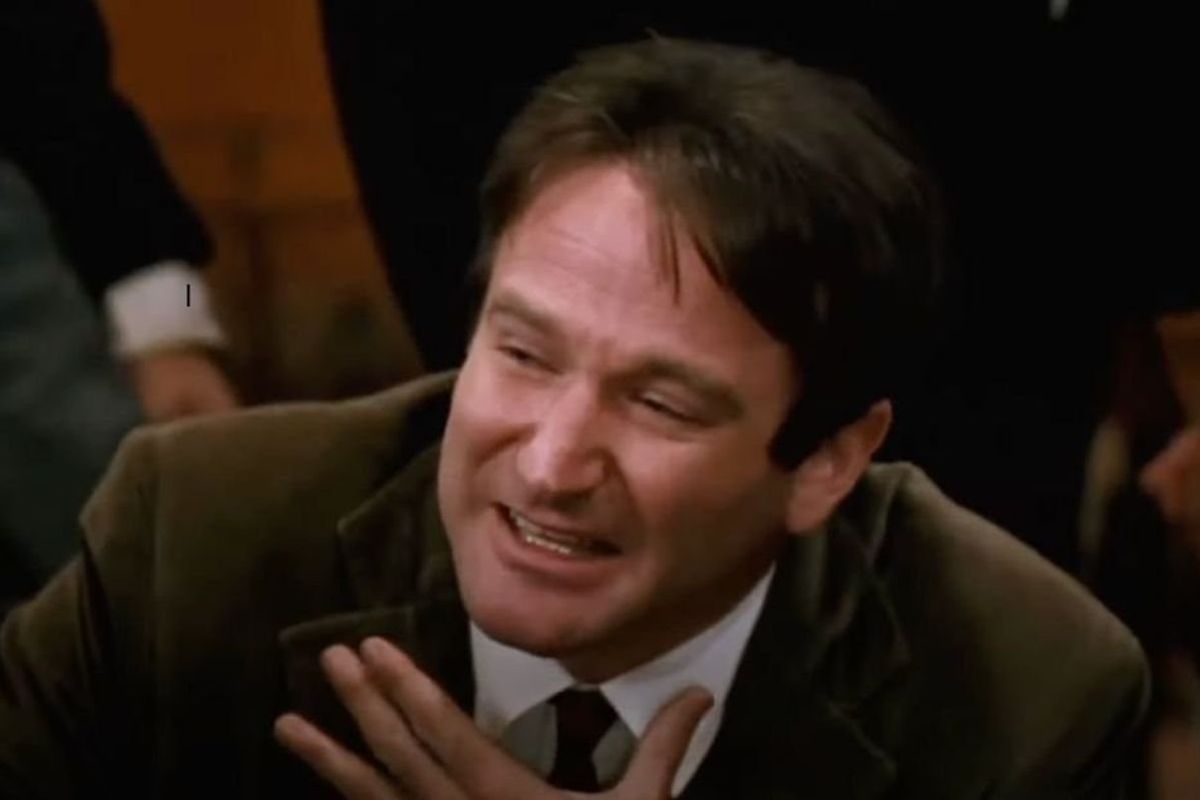The *real* reason why drugs like marijuana and coke are illegal. It's not what I expected.
By the end, I was kind of speechless. That's how brilliant Ethan Nadelmann is. This guy knows his stuff, and I'd like to see governments try out his idea.
There is a War on Drugs. And the United States is in the middle of it.
President Richard Nixon declared war on drugs on June 17, 1971. It was at this early point that something remarkable happened. According to PBS:
- For the only time in the history of the war on drugs, the majority of funding goes towards treatment, rather than law enforcement.
Unfortunately, that era wouldn't last for long.
One of the biggest effects of the War on Drugs included heavy penalties for drug offenses.
In 1986, President Ronald Reagan signed the Anti-Drug Abuse Act into law — a day that Salon.com says the War on Drugs *really* started:
- The law has resulted in 25 years of disproportionately harsh prison sentences for defendants who are disproportionately black. It called for felony charges and mandatory minimum prison sentences for anyone caught with even a small amount of cocaine; inexplicably, it triggered the mandatory sentences for crack cocaine possession at 1/100 the amount of powder cocaine. Rather than rooting out the traffickers, it filled the country's jails with blacks and Hispanics, who in some cases serve more time for possession than convicted murderers.
Ethan Nadelmann says these heavier penalties for drug possession have been of little, if any, benefit.
Nadelmann is the executive director of the Drug Policy Alliance. In a recent TED Talk, Nadelmann said:
Look at the murder and mayhem in Mexico, Central America, so many other parts of the planet, the global black market estimated at 300 billion dollars a year, prisons packed in the United States and elsewhere, police and military drawn into an unwinnable war that violates basic rights, and ordinary citizens just hope they don't get caught in the crossfire, and meanwhile, more people using more drugs than ever.
It's my country's history with alcohol prohibition and Al Capone, times 50.
Why *is* there a War on Drugs in the first place? The answer has very little to do with the actual science behind illegal drugs.
While there might be differing opinions about the actual reasons behind the War on Drugs, Nadelmann gives us his expert opinion as someone who has studied the issue in depth:
- When hundreds of thousands of Chinese started showing up in my country, working hard on the railroads and the mines and then kicking back in the evening just like they had in the old country with a few puffs on that opium pipe, that's when you saw the first drug prohibition laws in California and Nevada, driven by racist fears of Chinese transforming white women into opium-addicted sex slaves.
The first cocaine prohibition laws, similarly prompted by racist fears of black men sniffing that white powder and forgetting their proper place in Southern society. And the first marijuana prohibition laws, all about fears of Mexican migrants in the West and the Southwest.
Kinda sad, right?
Nadelmann has a solution to the War on Drugs: End it. And legalize.
And he doesn't mean legalize *just* weed. He means other drugs, too. It's a pretty bold solution — even Nadelmann disagrees with it sometimes! — but it's worth thinking about. And one that he'll lay out for you carefully in this video.
You can get English captions by clicking the lower-right part of the video, or you can scroll down for a transcript.



 A woman reading a book.via
A woman reading a book.via A woman tending to her garden.via
A woman tending to her garden.via
 A person on Threads makes a typo.Photo credit: Threads/@maureenmzobe
A person on Threads makes a typo.Photo credit: Threads/@maureenmzobe
 Individual impact isn't as inspiring to Gen Z as it was to
Individual impact isn't as inspiring to Gen Z as it was to  Gen Z is much more black and white about behaviors than previous generations.
Gen Z is much more black and white about behaviors than previous generations. 

 Young man holds up his hand to show five.
Young man holds up his hand to show five. Two women having a conversation at a coffee shop.
Two women having a conversation at a coffee shop.  Two women talking as the leave a yoga class
Two women talking as the leave a yoga class